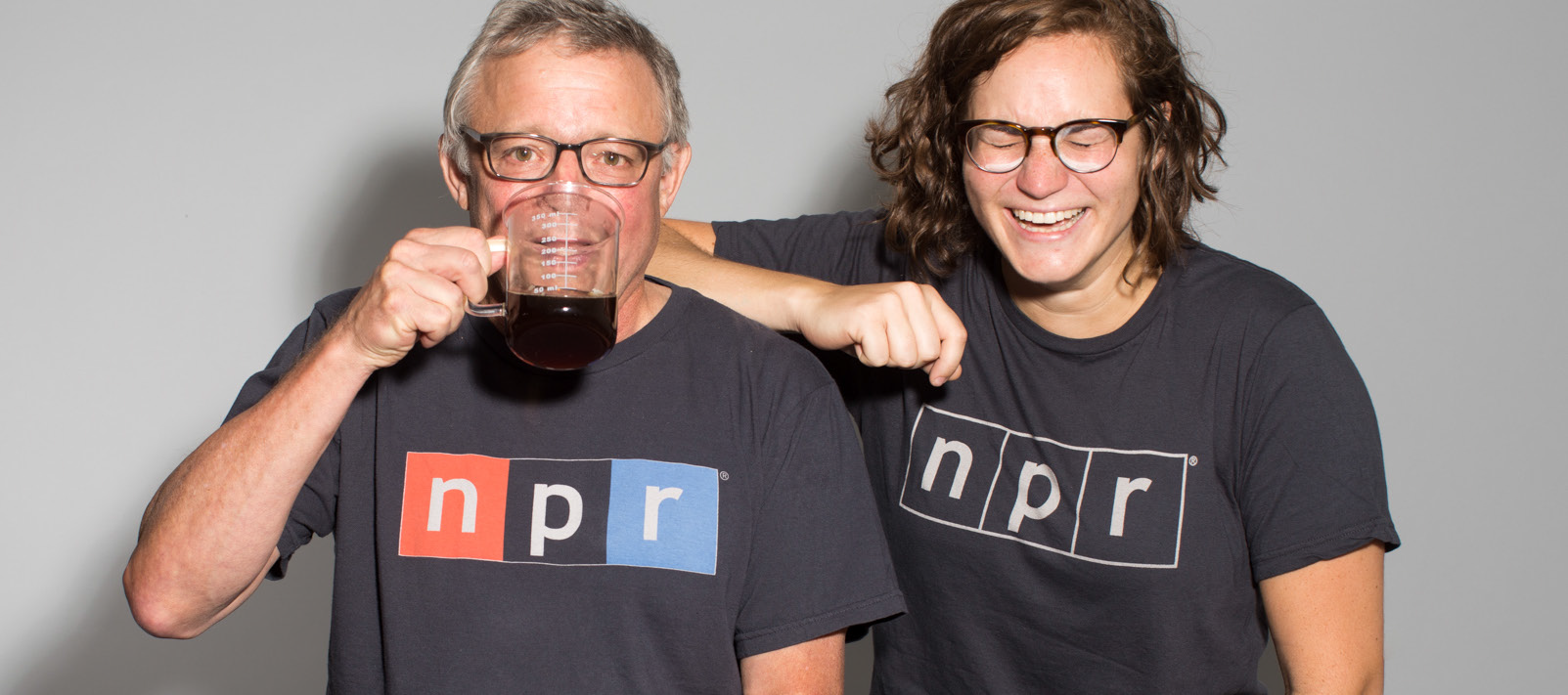Individuals who have chosen science as a career understand the scientific process, the need for research, the potential that comes from gaining an understanding of how things work, and the very long time span needed to realize that potential. But what about people who aren’t scientists? And politicians who want to see the returns on their investments in science? How does the scientific community help others understand?
Communication.
Most scientific training programs do not include training on how to be a good communicator and share scientific findings with a general audience. With the growth of social media, Wikipedia, and blogs, there are more opportunities than ever for scientists to share their work firsthand with a  wide audience, and fortunately, this has been accompanied by an increased interest from scientists in learning how to do that
wide audience, and fortunately, this has been accompanied by an increased interest from scientists in learning how to do that
better.
National Public Radio’s science correspondent Joe Palca has seen this firsthand. During his travels, Palca has met many young scientists who have expressed their desire to be better
communicators. In response, Palca started the group Friends of Joe’s Big Idea (FOJBIs).
Friends of Joe’s Big Idea, (pronounced foe-JOE-bee) is a community of young scientists that includes undergrads, graduate students, postdocs, and faculty interested in improving their science communication skills. There are currently around 500 FOJBIs across the United States. Palca and Madeline Sofia, assistant producer of the NPR science desk, work with FJOBIs to become better communicators. Members of the
group are given opportunities to practice pitching stories and to receive feedback on writing and editing. They also can participate in both online and local in-person networking and
Want to get involved?
The Biophysical Society encourages members who are interested in improving their communication skills to join FJOBIs. The community is open to anyone actively engaged in science, no matter their training level. To join, email [email protected]. Meet Joe Palca and Madeline Sofia and learn how to tell your scientific story on Saturday February 17, 2018, at the BPS Annual Meeting. See page 10 for information on the session.